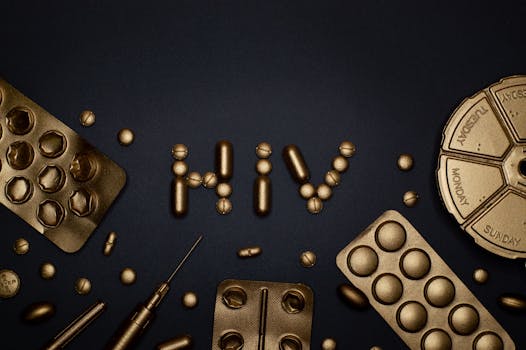
Introduction to Vaccines

The science behind vaccines and public health is fundamental to understanding how immunization protects individuals and communities from infectious diseases. Vaccines function by stimulating the immune system to recognize and combat pathogens without causing the disease itself. This process not only shields individuals but also establishes herd immunity, which is vital for public health.
How Vaccines Work

Vaccines typically contain weakened or inactivated parts of a particular organism that causes disease, such as proteins or sugars. When administered, they prompt the immune system to produce a response, including the creation of antibodies. These antibodies remain in the body, allowing for quicker responses to future infections by the same pathogen.
Different types of vaccines exist, including:
- Live-attenuated vaccines: These contain a weakened form of the virus or bacteria.
- Inactivated vaccines: These contain killed pathogens that cannot cause disease.
- Subunit, recombinant, or conjugate vaccines: These include pieces of the pathogen (like proteins).
- Messenger RNA (mRNA) vaccines: These provide instructions for cells to produce a harmless protein that triggers an immune response.
The Importance of Vaccination in Public Health

Vaccination is crucial for controlling and even eradicating diseases. The success of vaccines against diseases like smallpox and polio illustrates their effectiveness. Immunization campaigns can significantly reduce the incidence of these diseases, ultimately leading to healthier populations.
Moreover, vaccines contribute to economic stability by reducing healthcare costs associated with treating preventable diseases, enhancing productivity, and ensuring a healthier workforce.
Challenges and Misconceptions

Despite the clear benefits, vaccines face challenges, particularly misinformation and vaccine hesitancy. Common misconceptions include fears about vaccine safety and unfounded links to conditions like autism. Public health campaigns are essential to address these concerns, emphasizing the rigorous testing and monitoring processes vaccines undergo before approval.
Conclusion

Understanding the science behind vaccines is vital for appreciating their role in public health. Vaccines not only protect individual health but also safeguard communities against outbreaks. As we continue to combat infectious diseases, promoting vaccination remains one of the most effective strategies for ensuring public health.



